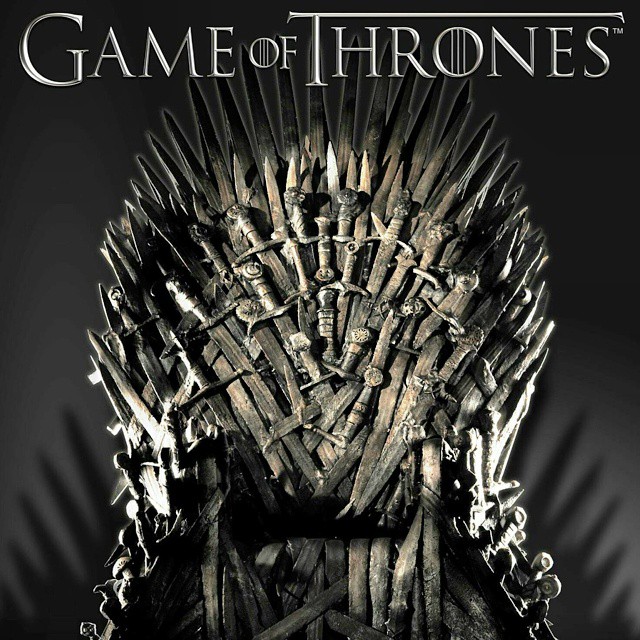The phrase “prestige television” seems to be thrown around more often in relation to budgets and buzz, rather than quality. I still watch Game of Thrones, but my excitement and faith in the television product has withered in the past few seasons. (My excitement for the novels is all but dead — I don’t think we are getting a written conclusion to the story.)
Every superficial element of the show has certainly gotten grander and more impressive; the CGI work being put into the dragons, the sets, and the cinematography are unparalleled on television. Being flashy, however, will only get you so far when the entire premise of the show relies on its approach to storytelling and characters.
I give all the credit in the world to showrunners David Benioff and D.B. Weiss for taking the story up, and pushing for this adaptation to happen, but I think it’s very telling that in early interviews, they expressed interest specifically in wanting to get the show to the Red Wedding.
I think the emphasis of the series since the Red Wedding itself (and increasingly since the showrunners have left the written material behind them, and been forced to write on their own), hasn’t been on the building towards and logic of these moments, but the shock and brutality of the payoff. The show hasn’t focused nearly as much on its characters as people, but as vehicles for the big moments. This in turn has shaped a world that is loose in terms of consequences and follow through. It has also been marred by extremely weak writing, and decisions when it comes to introducing new storylines that aren’t directly lifted from the books.
This isn’t a well-written show anymore, and if you’re looking for examples, you don’t have to go much further than the dropped Dornish element. I won’t lay blame at the feet of the actors involved, but instead at the showrunners for not knowing how to lay the groundwork for Dorne’s story, and failing to create compelling connections with the audience. The writers themselves seem aware of their shortcomings. In “Stormborn,” the second episode, the Dornish element is wrapped up so neatly by fan-servicing the deaths of the Sand Snakes that no further mention is made of the Dornish armies, political situation, or the consequences of an entire leadership having been extinguished.
The entire Winterfell plot this season spun its wheels, struggling to fill screen time. The fickle Northern lords are uninteresting, and hardly engage in meaningful enough politics to provide a backdrop for the Starks, who were left with little to do. Littlefinger in particular seemed to stick around only to smirk and stroke his mustache.
A lot of fuss was made last season concerning the power of religion and the common folk — addressed through a crusade waged by the Sparrows, a group of religious hard-liners — but there have been absolutely zero repercussions for Cersei blowing up the Great Sept, killing hundreds of Westerosi nobles. The world has been flattened for the sake of convenience. (Suddenly all forces supporting Cersei look like Lannister soldiers, wearing their colours.)
Instead of evolving as a consequence of past decisions, characters and agendas change merely so they are in the right place and the right time to move the plot forward. Some storylines clumsily spin their wheels (Winterfell and King’s Landing) while others jerk forward on the momentum of one plot twist to another.
Game of Thrones is no longer good drama, even if it has improved marginally from seasons five and six. It’s barely even a TV show anymore. The showrunners have (apparently) checked out, and moved onto their next project (HBO’s Confederate*), many of the actors are antsy to leave their contracts behind and chase Hollywood, and the writers are failing to even pay homage to G.R.R.M.’s source material, instead choosing to rely on fan service, one-liners, and dick jokes in every second episode.
Game of Thrones is still fun, but it’s frustrating. It’s flashy, but it’s shallow. Watching it is akin to playing a high budget video game and only tuning into the cutscenes when they are unskippable.
*it is and they did


